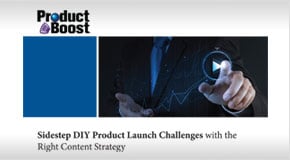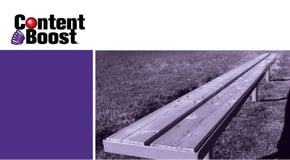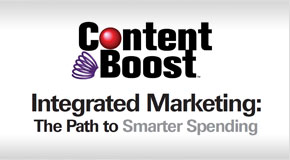|

Aerospace Engineer Offers Technology to Address Methane Emission Tax
AUCKLAND, New Zealand, Oct. 20, 2016 /PRNewswire/ -- A New Zealand aerospace engineer who has been invited to speak at an investment banking conference in Newport Beach, California, is presenting technology based on NASA moon colonisation studies as the answer to recently-passed methane emission legislation in California.
William Mook, the founder of New Zealand-based company, Zeecol, has developed a zero-waste system to eliminate dairy farmers' contribution to climate change, enabling them to address stringent effluent-management requirements while increasing farm profitability.
Stage one of the system captures cow effluent in barns, using a biodigester to convert waste into power, followed by photo-bioreactor and enzyme-reactor processes that output fuel, fertiliser and high protein feed for use on the farm. The system creates zero waste, reusing all components on-farm.
Mook's solution for methane emissions is a giant transparent, pneumatic dome approximately three acres in size, that captures methane gas. The airy inflatable structures which are far larger than your typical cow shed, allow control of gas and water on the site, and hence manage discharges to the water supply. The domes will provide an additional stage to the existing Zeecol system which captures 90% effluent within barns. The dome will enable 100% effluent capture whilst maintaining a low density environment.
Dome inspired by NASA moon colonisation studies
The inhabitable dome was originally devised by NASA in the 1960s, by Harry Jebens, who developed a fully closed cycle system for 10,000 persons to live in space at an equivalent lifestyle to that of upper-middle-class America in that era. Pneumatic buildings and structures such as these hav been used in various applications from events to waste management in France, Japan and Korea.
Increased space: "free range cows?"
By controlling the exchange of air within the structure, noxious gases can be captured to protect both air and water, while improving the living conditions of the livestock. The exercise area of a cow in such a dome would be three times the typical space they have in a barn. Giving cows more space and freedom pays huge dividends with respect to herd health. To this end, 'free range cows' are tagged and generally free to roam through a light and comfortable environment, instead of a dark dirty shed.
The domes will allow temperature and radiation control, filtering out harmful radiation and letting healthy sunlight through to provide optimal conditions at all times.
The energy to run the blowers to keep the structure inflated will come from the power continuously generated by the Zeecol biodigester-based system. "We are creating an environmentally-friendly solution for the dairy industry that gives cows the benefit of living freely, while retaining the benefits of shelter," Mook explains.
Innovation required to reduce our impact on biosphere
As we grow, we must become more aware of our impact on Earth's limited biosphere, and operate in ways that would translate to living in a closed colony. This is the philosophy of Zeecol's zero impact approach.
Adaptation relevant for colonisation on Mars
Mook has plans to adapt this technology for use on Mars. With Elon Musk's announcement of SpaceX mars-colonial transport and Barack Obama confirming his commitment to support long-term habitats on Mars, interplanetary colonisation is moving further from science fiction and closer to reality. Mook muses "on Mars, with little atmosphere, you won't need blowers but there will be a pressure difference required. By the time they're ready to send people to Mars, we'll be ready to pre-package it. We're the only company in the world that will be ready to build things they need with experience in that area."
Catch William in Newport Beach
Zeecol's founder, William Mook is applying his background in aerospace engineering and zero-waste terrestrial farming systems for dairy farmers in New Zealand and has served as an advisor to the Office of Science and Technology Policy at the White House. He will be travelling to the National Investment Banking Association meeting at Newport Beach California on October 26-27 and will be in discussions with farmers in California through to October 31.
Authorised by:
William Mook, founder www.Zeecol.com, [email protected], +64 27 436 0354
US PR Agency: PorterNovelli
NZ Agency: Alexanders Internet Marketing, Rachel Alexander, [email protected] +64 21 556 560, www.alexanders.co.nz
Photo - http://photos.prnewswire.com/prnh/20161019/430261
Photo - http://photos.prnewswire.com/prnh/20161019/430262
To view the original version on PR Newswire, visit:http://www.prnewswire.com/news-releases/aerospace-engineer-offers-technology-to-address-methane-emission-tax-300348258.html
SOURCE Zeecol

[ Back To Homepage ]
|

 Whitepaper
Whitepaper 
 Whitepaper
Whitepaper 
 Whitepaper
Whitepaper 
 Whitepaper
Whitepaper 
 eBook
eBook 
 Flyer
Flyer 
 Flyer
Flyer 
 Webinar
Webinar 





